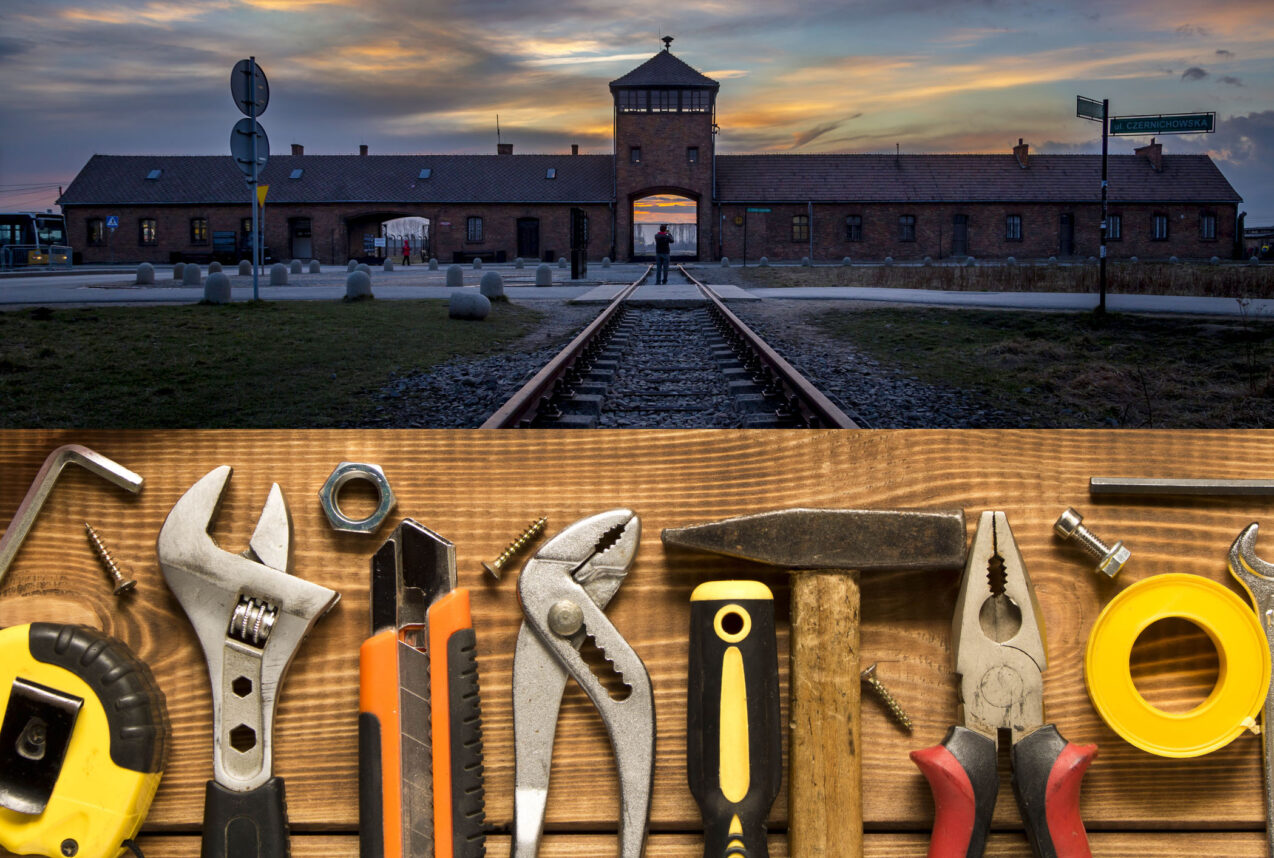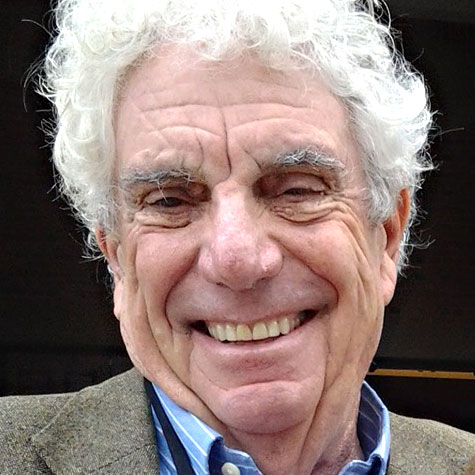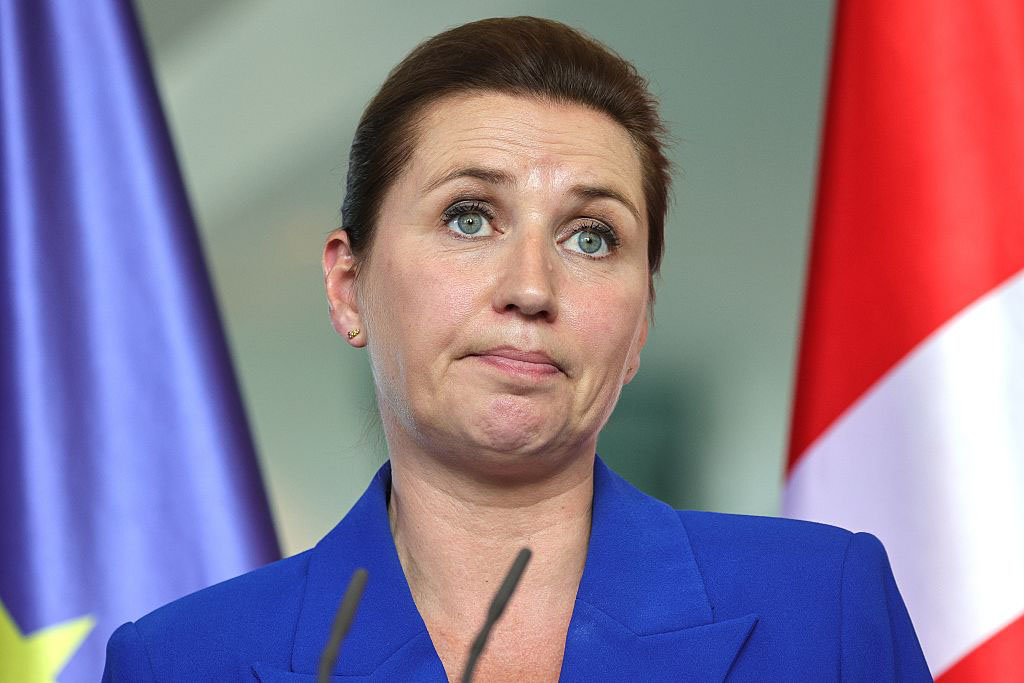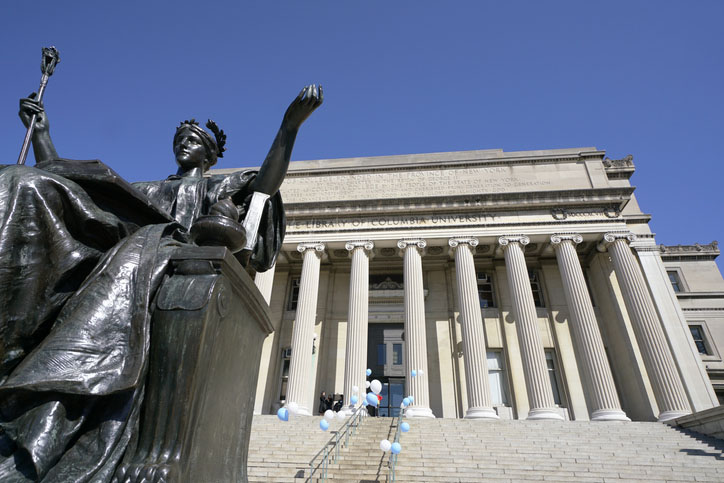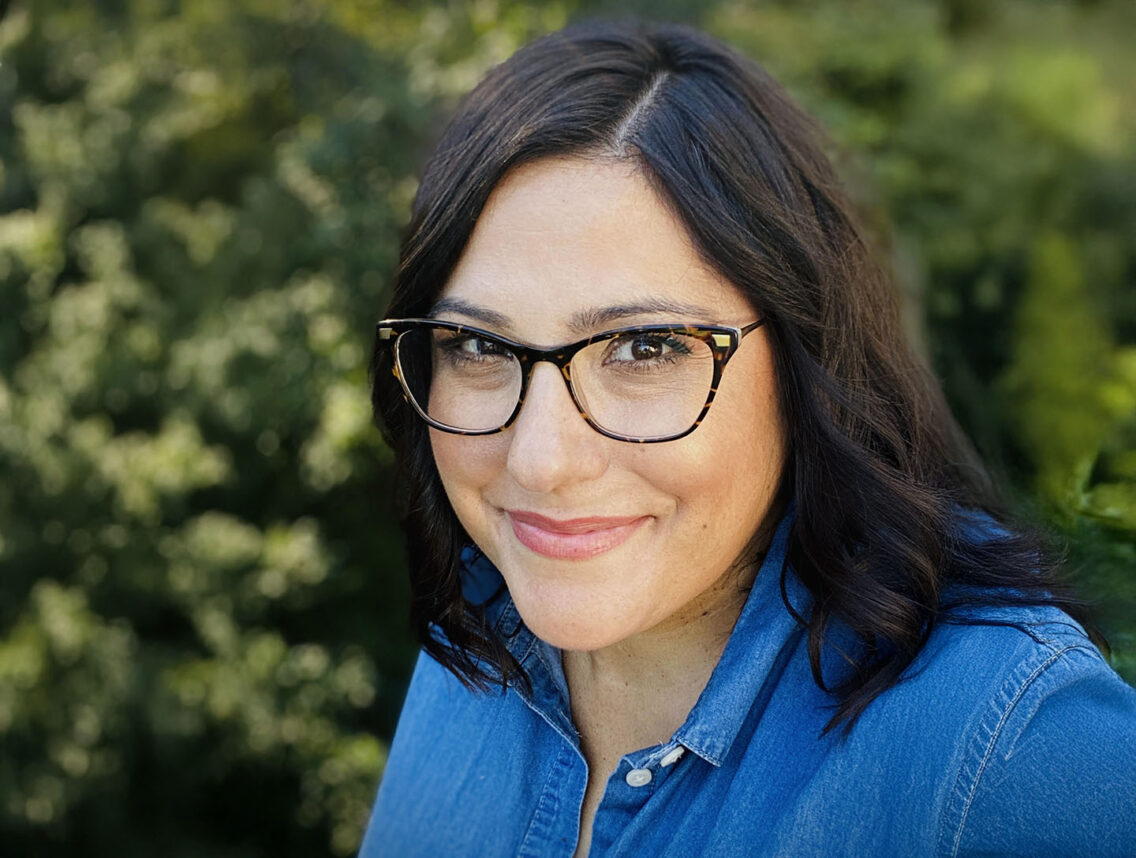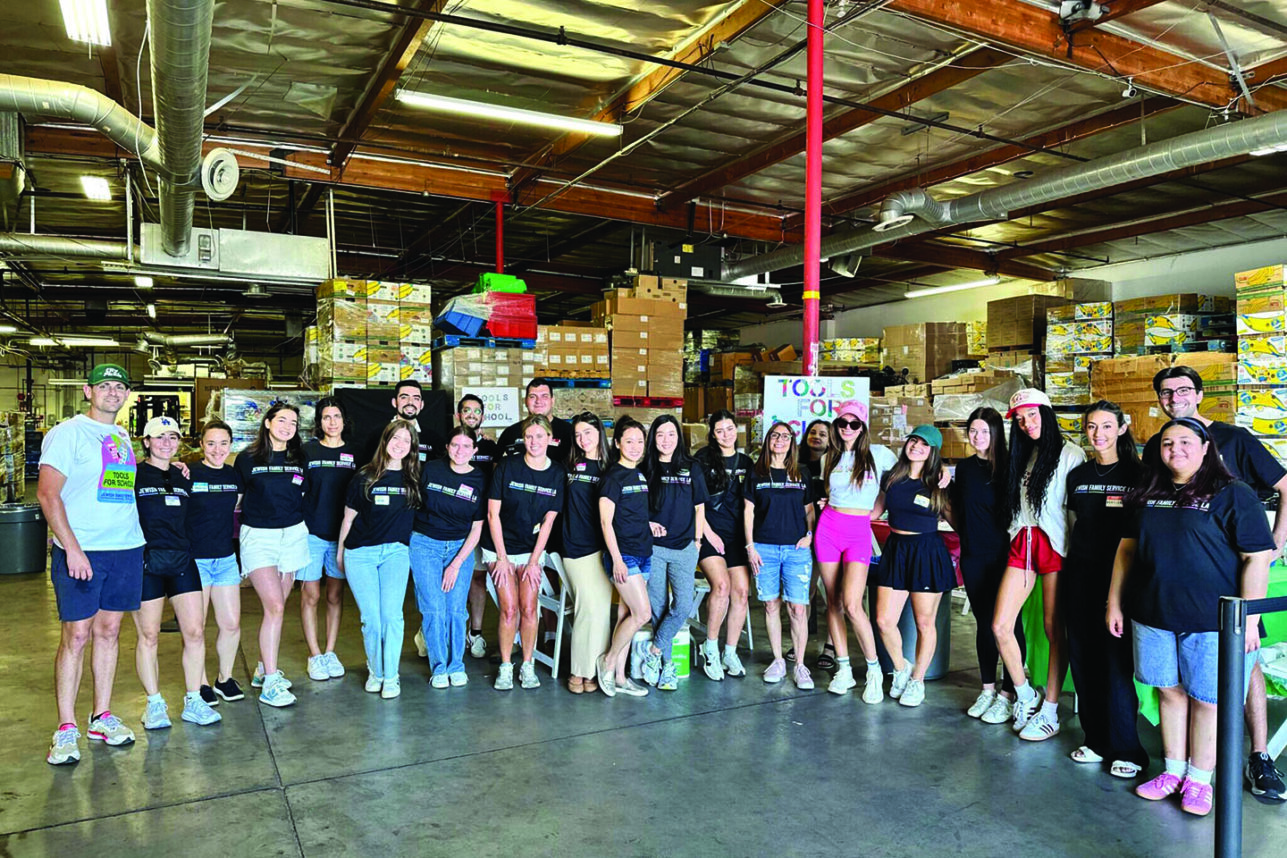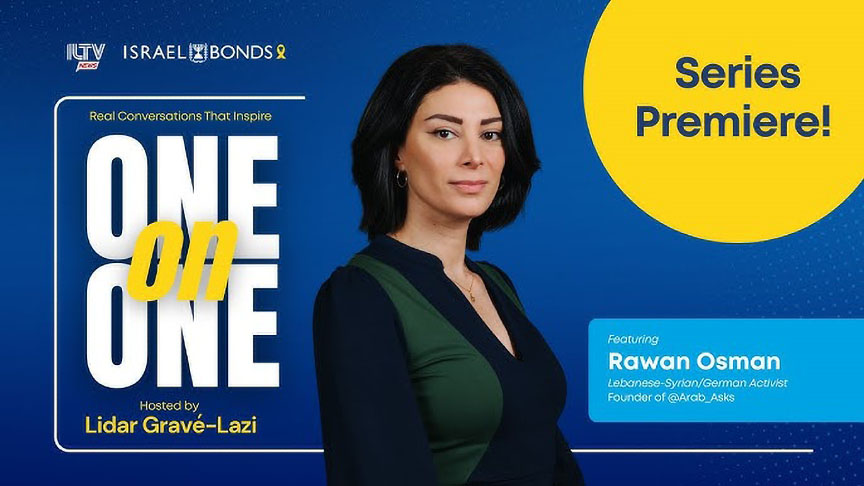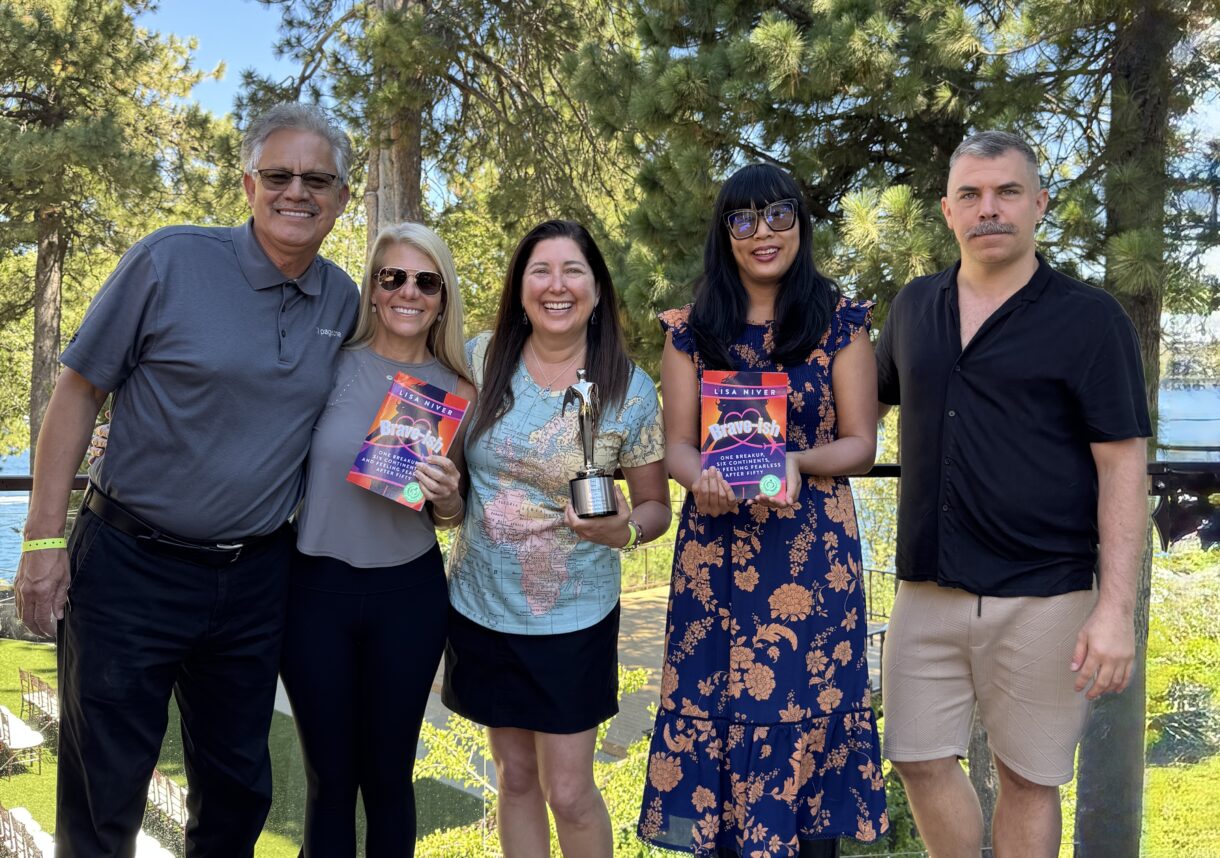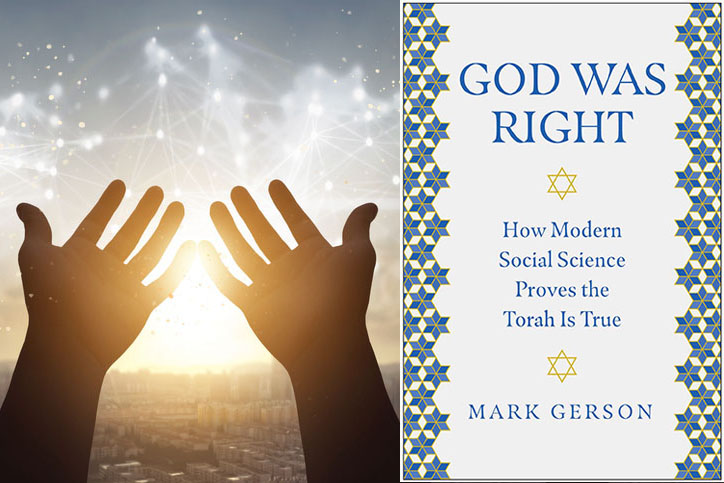Someone in the audience asked the mayoral candidates about the county’s foster children program. Eric Garcetti answered in a particularly well-informed manner, mentioning that he and his wife have cared for seven foster children.
“I didn’t know that,” I said to City Councilman Garcetti’s media aide, Jeff Millman, who was sitting next to me at a mayoral candidates forum earlier this month. Garcetti doesn’t bring it up much, he replied.
I was curious. It seemed like an admirable act and one that would shed light on the character and personality of the city councilman. Those qualities are important in a race where stark policy differences between the candidates have not yet emerged. So when I interviewed Garcetti a few days later, my first question was about the foster care given by him and his wife, Amy Elaine Wakeland. Wakeland is co-chair of the Los Angeles Alliance for a New Economy, which works with labor, environmentalists and immigrant rights groups for the living wage and other progressive causes.
“What prompted you to do that?” I asked.
“My wife grew up in a household with half- and step- and foster siblings, and I think it is something she has always wanted to do,” he said. “She’s cared a lot for children who are, quite literally, the least among us.”
Wakeland was the eldest child, Garcetti said. “There were multiple kids around at any given time, and when I looked into it, I was very compelled as well, so a few years ago, we became accredited foster parents.”
He explained that, after a background check, “You have to take … six or seven classes over a period of a couple of months. It is a relatively straightforward and easy process. … I think a lot of people could do it.”
Is he encouraging foster parenthood? “Absolutely,” he said. “When we had our training, we had grandparents whose kids had grown up, we had single men, single women, straight couples, gay couples, we had couples with kids, couples who have never had kids; it was the full range.” He said the system tries to accommodate the needs of foster parents who may say, “ ‘I’m interested in older kids, and helping them bridge those teenage years, or I want to have a newborn, or I can take siblings who sometimes get separated or special-needs kids.’ You can [say], ‘This is what I can or cannot do,’ and they will just let you know of the possibilities of children who are in need [and] ask if you can take them in.”
I also asked about his views on his Jewish background, hoping it would shed some light on the inner Garcetti. This happens to be a very Jewish mayoral election. Garcetti and Councilwoman Jan Perry are Jewish, and City Controller Wendy Greuel is married to a Jewish man. For many in our community, these Jewish connections are of interest.
“I always felt myself to be Jewish and Latino very comfortably,” Garcetti said. “Weekends were both filled with bowls of menudo and lots of bagels.” His father, Gil Garcetti, the former district attorney, is of Mexican and Italian descent. His mother, the former Sukey Roth, is Jewish.
“My parents aren’t practicing, either of them,” Garcetti said. “We celebrated Passover and Chanukah. I went to Jewish camp. I think I have become more of a practicing Jew or observant later in life. I came to my faith in college.” He is a member of IKAR, where he attends High Holy Days and some Shabbat services. “I go to other places as well, because of my work and my job,” he said. Garcetti’s wife, whom he met at Oxford when they were Rhodes scholars, is not Jewish.
I asked him how being Jewish has influenced his public life. He told me a story about his grandfather, Harry Roth, who headed the big Louis Roth clothing firm. Roth “was tailor to the president of the United States, President [Lyndon] Johnson, yet he was opposed to the Vietnam War,” Garcetti said. “He took out a full-page ad in The New York Times urging President Johnson to withdraw the troops, knowing he would never be invited back to the White House.” He said stories like that taught him to “give back” to the community and to be “fearless.”
“Also intellectually for me, at Columbia, which has a very strong Jewish population, being in New York, and at Oxford … we had a minyan every week with those of us who were Rhodes scholars and other Americans and some British Jews. We had a lot of conversations about faith, about Judaism, the world. Judaism helps me think through the world, not just ethically but intellectually.”
Intellectualism and conscious ethical behavior can be rare qualities in City Hall, as Garcetti must know from his years as councilman and president of the City Council. There he had to preside over some of the best and worst that government has to offer. His supporters feel he will bring those qualities to the mayor’s office if he wins. But he’ll also need the guts of a grandfather who publicly defied LBJ on the Vietnam War.
This is one in a series of interviews by Boyarsky with Los Angeles’ mayoral candidates. For more from this columnist, visit
Did you enjoy this article?
You'll love our roundtable.
Editor's Picks



What Ever Happened to the LA Times?

Who Are the Jews On Joe Biden’s Cabinet?


No Labels: The Group Fighting for the Political Center
Latest Articles

Dear Mayim: Compassion Without Clarity Helps Hamas

N.Y. Times Admits: Hamas Lies



The Night I Was Gone With the Wind
